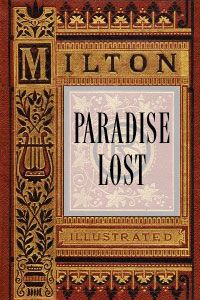Yesterday I spent the morning helping cut logs for the woodburner. The journey took me up through Inverurie to Oldmeldrum. This is the view of Bennachie from the road. It isn't all that high but it still dominates Aberdeenshire and is a loved landmark.
I spent some time recently pondering the psalms, including Psalm 121. The Scottish Paraphrase remains for me a devotional standard:
1 I to the hills will lift mine eyes:
from whence doth come mine aid?
My safety cometh from the Lord,
who heaven and earth hath made.
2 Thy foot he'll not let slide, nor will
he slumber that thee keeps.
Behold, he that keeps Israel,
he slumbers not, nor sleeps.
3 The Lord thee keeps; the Lord thy shade
on thy right hand doth stay;
the moon by night thee shall not smite
nor yet the sun by day.
4 The Lord shall keep thy soul; he shall
preserve thee from all ill;
henceforth thy going out and in
God keep for ever will.
The paraphrase translates the first stanza as a Question and answer rather than a statement. I confess that's how I have always read it. When it all gets too much, and it's hard to see the way ahead, or our attention is so focused on the here and the now with all its demands and uncertainties, then that question is both urgent and apt. Lifting the eyes above our limited horizons and the remorseless present, the outline of a mountain forces the attention upwards, and the question "From whence doth come mine aid", is both existentially unavoidable and personally directed to God. For people of faith, the connection between the hill line, prayer and personal circumstances is only completed by that second couplet. "My safety cometh from the Lord, who heaven and earth hath made".
Bennachie in the winter looks bleak and yet when the sun hits the snow it's also a familiar and reassuring landmark. In the days before digital cameras I was coming home from Pluscarden Abbey and passing Bennachie in a winter twilight. Flying across the skyline, against a rose and peach sky fringed with purple, a long skein of geese in chevron formation. That was another mystical ornithological moment when God seemed near, beauty laid my heart open, and prayer was in the compelling urge to stop the car and look – which I did. And perhaps such moments are best left unconstrained by digital technology. The theatre of God's glory remains a sellout of splendour and spectacle. That's why eyes lifted to the hills ask a question that most times is rhetorical, and has the expected answer, "My safety cometh from the Lord, who heaven and earth hast made."
It was those lines that were in mind while doing one of the panels of the Shalom tapestry a few weeks ago. The tapestry is now at the framers, and consists of five panels. One each on Psalm 1,8,23,104, 121. The one below is 121 and is done entirely freehand as a visual impression of a psalm that is now embedded in my spirituality. Once the completed and framed work is back I'll post a photo of it.



